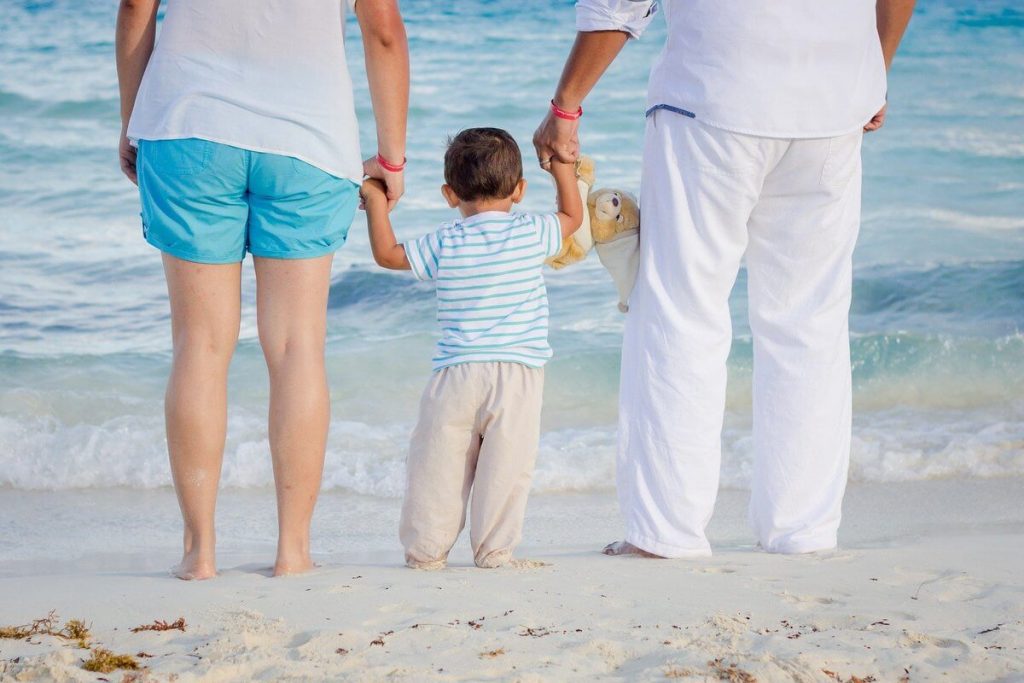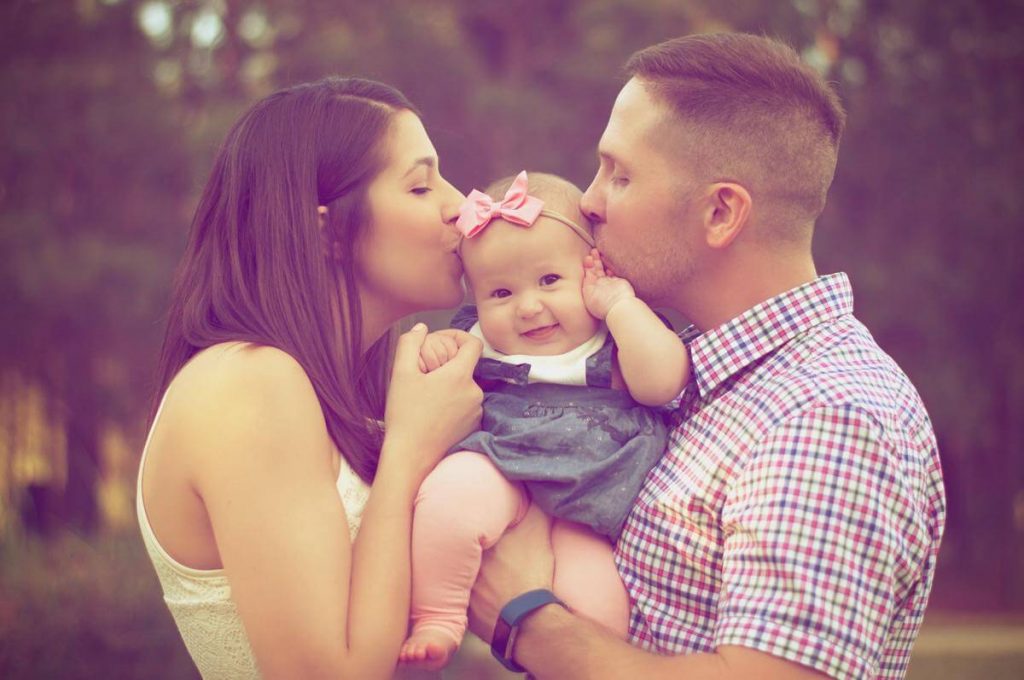Do You Have to Be Married to Adopt?
Are you thinking about adopting children? Many reasons may occur to you when considering this huge, life-changing decision. Perhaps you are married and already have kids?
Maybe you are married with no kids or cannot conceive on your own. You could even be an individual wanting to build a family. Whatever the case may be, there are many things that you need to know before you even begin to make that first step.
Prospective adoptive parents frequently wonder if one needs to be married to adopt. The answer depends on many things: the adoption agency used, your state of residency, or the country from which you wish to adopt a child.
While generally being married in order to adopt is not necessary, certain agencies and states do actually require that prospective parents to be married.
Let’s take a look at the adoption requirements that you need to comply with before you even begin the adoption process.

Adoption Requirements
Specific regulations have been established by the United States government and adoption agencies for any individual or couple wishing to adopt within the country. International adoption requirements may differ but they must be adhered to just the same.
These are important because they serve as the basis for such agencies and governments to determine whether or not the child will be taken care of and provided for. They ensure that everyone – to include the child, the adoptive family, and the birth mother – ends up in the best situations.
Marriage Requirement
A single individual or an unmarried couple can adopt, but this depends on the state you’re living in, the agency you choose to work with, and the country you choose to adopt from.
Most states in the US allow single parents or unmarried couples to adopt but there are a few states that don’t. Utah, for example, does not allow unmarried couples or single individuals to adopt. There are no marriage requirements for adoption in Hawaii!
Unmarried couples who wish to adopt can adopt jointly, if the agency or state allows it. In cases when a couple separates, both can seek child custody. If an unmarried couple adopts as a single-parent adoption and they separate, only the individual who adopted the child legally has sole custody of the child.
This brings us to the importance of joint adoption. Though agencies and states do allow unmarried couples to adopt, it is highly recommended that they apply for the adoption jointly rather than as a single parent to avoid future problems.
For agencies and states that only allow married couples to adopt, they may require those couples to have stayed married for a required duration of time. Some agencies or states require married couples to be married for at least 2 to 3 years before they are eligible to apply.
Other Requirements

1. Age Requirements
The age requirements for prospective adoptive parents vary depending on the state, agency, and country. Typically, the required age is 21 upon the initial application. Other agencies, states, or countries allow adoptive parents to be at least 18 years of age or 25 years of age for some countries.
The state of Hawaii has no age requirements for adoption.
Other age requirements state that adoptive parents must be an adult and at least 10 years or 15 years older than the child.
2. Proof of Financial Stability
Though an actual amount is rarely stated, agencies do require proof of financial stability from prospective parents. This ensures that the child’s needs will be taken care of and that they can afford to raise a child. The prospective parents must have a steady source of income or substantial savings or investments.
3. Medical Status and History
Adoptive parents must also show proof of being physically stable. If there is a history or current indication of health conditions, medical records must be provided to the agency. This can also include emotional health and/or psychiatric medication that the adoptive parent might have had. Though current or past therapy will not hinder you from being approved, you will need a certified letter from your therapist regarding the counseling or treatments you received.
If you’ve ever taken psychiatric drugs or are currently taking them, a detailed physician’s report will be required. If you (or your partner) have ever suffered from substance abuse, you will also be required to show proof that rehabilitation has been completed.
4. Criminal History
A criminal record won’t necessarily hinder you from adopting; they are treated on a case by case basis. It will also depend on the type of felony incurred. All arrests, whether you were convicted or not, need to be discussed in detail.
5. Child Abuse Clearances
All prospective adoptive parents must secure a child abuse clearance.
6. Living and Community Requirements
Prospective adoptive parents must live in a safe and well-maintained home. Ownership of a residence is not required, but you must raise the child in a neighborhood that’s conducive to family life. Some states or agencies might also require a separate bedroom for the child.
7. A Dedicated Guardian for Single Adoptive Parents
If you’re adopting as a single parent, you must assign a guardian for the child. Some agencies also require you to state the child’s legal guardian in a will.
8. References
You will also be required to provide character references who will be interviewed regarding your character, as well as your relationships with children. Some agencies accept other family members as references, but most often, they can be single or married friends.
9. Home Study
You will be assigned to a social worker who will come to your house and do a series of interviews and home checks. They will send the reports to the agency or state, which will determine if you meet their requirements for adoption.
In Conclusion
Though there are general requirements to adopt children domestically and internationally, agencies and states have different requirements. To make the process of adoption clearer, getting the services of an adoption professional or legal adviser like a family law attorney will help you meet these requirements and carefully educate you about how the entire process works.
Adopting is a noble endeavor and it takes a willing heart and commitment to become parents to a child conceived not by you.
The adoption process can take anywhere between several months to several years, and thus, having the proper legal and professional help in the process will greatly help you with the support you need to undergo this life-changing endeavor.



